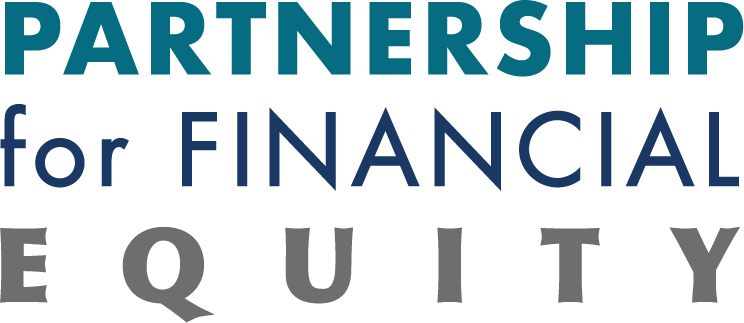The Partnership for Financial Equity and its predecessor the Massachusetts Community & Banking Council has sponsored annual reports on lending trends in Massachusetts since 1995.
For more info contact tcallahan@financialequity.net
Building Commonwealth
For Non-Members
Building Commonwealth
For Members
About our research partnership with the UMass Donahue Institute – Economic and Public Policy Research
From 2020-2022, MCBC partnered with the UMass Donahue Institute Economic and Public Policy Research team to produce annual mortgage lending and small business lending reports in the state of Massachusetts using the following data sets: Home Mortgage Disclosure Act (HMDA), Bank/Thrift and Credit Union Call Reports, the Nationwide Mortgage Licensing System (NMLS), and Federal Financial Institution Examination Council CRA rating files.
The main priorities of the reports and online data exploration tool are to provide a/an:
- Careful description of lending trends that everyone can agree is fair, accurate, and unbiased;
- Analysis of lending trends with an emphasis on low-income and minority neighborhoods in Massachusetts with comparisons to demographic representation;
- Analysis of lending trends that is fluent in state and federal Community Reinvestment Act and fair lending regulations;
- Analysis of lending trends that is accessible to casual users, impactful for practitioners, and informative for all.
MCBC focuses its programming on mortgage and small business lending activities. Mortgage and small business lending activities are a common practice of nearly all financial institutions in Massachusetts; are regulated activities under the state and federal Community Reinvestment Acts; and are the primary vehicles for individual, family and community wealth creation. Findings in the annual reports inform MCBC’s committee work, thought leadership, and advocacy work throughout the year. Historically these reports have been widely referenced and highly regarded resources in the state of Massachusetts.
Together, we worked diligently to:
- Consolidate lending data on one user-friendly platform to attract a broader audience of community banks, cities and municipalities, community organizations, philanthropies, academics and policy makers;
- Create a ‘low-barrier’ reference tool that provides:1/ small banks and financial institutions market analytics and the capacity to do peer group comparisons; 2/cities and municipalities a picture of how credit is accessed in their communities; and 3/nonprofit and philanthropic partners data to inform programming, advocacy and grant making/grant submissions on topics related to homeownership, entrepreneurship, and economic development.

